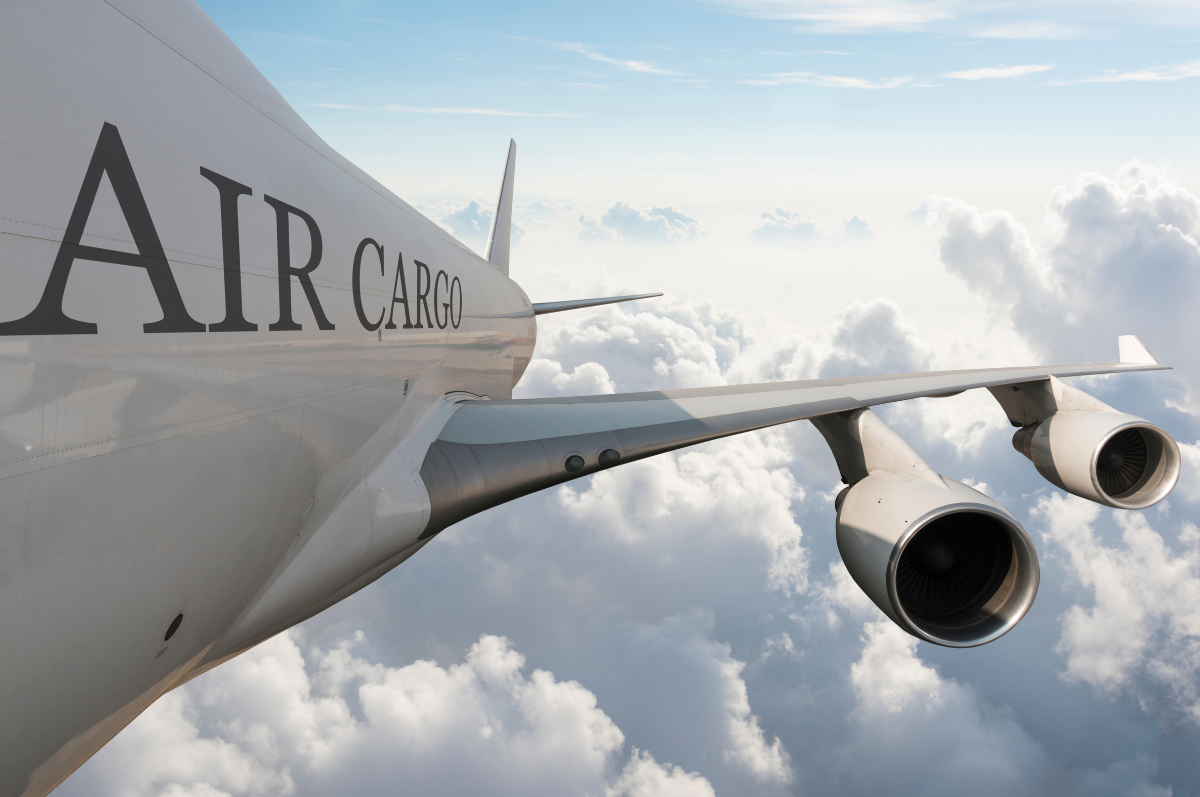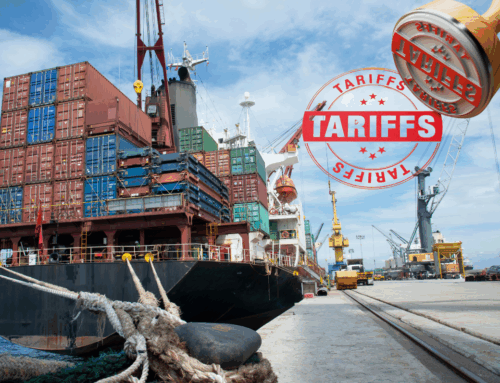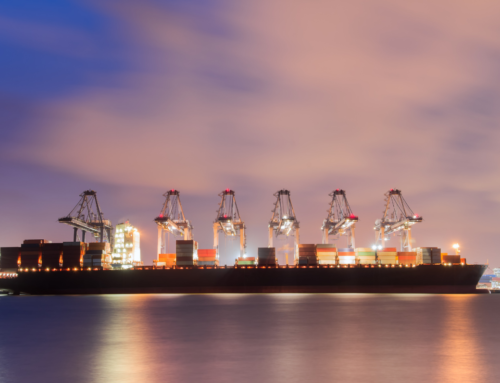The Impact of US Tariffs on Air Cargo Rates and the Rising Costs of Freight
The air cargo industry is once again feeling the pressure of US trade policies as newly announced tariffs take effect. The recent wave of global tariffs, including the elimination of duty-free de minimis treatment for Chinese imports under $800 – effective from May 2, 2025 – has sent shockwaves through the market. These new measures are expected to significantly impact air freight, especially as e-commerce shipments from China to the US account for approximately 6% of global air cargo.
Rising Air Freight Rates as Businesses Rush to Move Goods
In anticipation of the tariffs, businesses have been racing to ship goods before the new restrictions take hold. As a result, air freight rates have seen a steady increase. According to the Baltic Air Freight Index, overall prices increased by 2.4% in the week leading up to March 31, with a 5.1% year-on-year rise.
Region-specific data shows:
- Hong Kong to global destinations saw a 2.6% increase week on week and a 1.4% rise year on year.
- Shanghai air cargo prices increased by 0.6% from the previous week and 3.9% compared to last year.
- Frankfurt’s air freight rates jumped 8.3% in a week and a staggering 28.2% year on year.
- London experienced a 15.5% increase week on week, with an annual rise of 2.6%.
- US air freight rates, however, showed volatility, with prices out of Chicago dropping by 12.5% in the same period.
Industry analysts suggest these increases are being driven by shippers trying to get ahead of the April and May tariff implementations, securing cargo space before costs potentially escalate further.
Implications of the New Tariffs on Air Cargo
With tariffs now firmly in place, industry experts warn of a significant market shock. The removal of duty-free de minimis treatment for Chinese imports under $800 particularly threatens e-commerce supply chains, a major driver of air cargo demand. The sudden shift is expected to have several consequences:
- Increased Costs: The elimination of duty-free exemptions will raise costs for retailers, many of whom rely on affordable imports for their supply chains.
- Supply Chain Disruptions: Companies will be forced to rethink their logistics strategies, potentially shifting from air cargo to slower, less costly sea freight options.
- Market Uncertainty: Many shippers and freight forwarders are turning to short-term contracts due to the unpredictability of tariff policies and potential retaliatory measures from China and other affected nations.
March data shows a moderate air cargo demand growth of 5% year on year, but analysts predict worsening conditions as the tariffs fully take effect in May.
Predictions for the Coming Months
Looking ahead, several key trends are likely to emerge in the wake of these tariffs:
- Increased Price Volatility: As businesses adjust their supply chains, air cargo rates may fluctuate unpredictably. While some lanes will see price hikes due to demand surges, others—particularly US outbound routes—could soften as retaliatory tariffs take shape.
- Diversification of Supply Chains: Companies will likely look to shift sourcing away from China, increasing trade with other countries to avoid hefty US import duties.
- A Move Toward Regional Warehousing: Businesses may invest in localized warehouses to maintain product availability while mitigating the impact of new trade policies.
Recommendations for Businesses
To navigate this turbulent landscape, businesses should consider the following strategies:
- Review Supply Chain Strategies: Diversifying sourcing locations and exploring alternative transport routes will help mitigate risks associated with tariffs.
- Renegotiate Contracts: Businesses should work closely with freight forwarders and carriers to secure the most cost-effective contracts and avoid excessive costs tied to short-term rate spikes.
- Enhance Inventory Management: Stocking up on essential goods before tariffs escalate further may provide a buffer against rising costs.
- Monitor Policy Changes: Given the potential for further trade disputes, staying informed on the latest tariff developments will be crucial for proactive planning.
While the full impact of these tariffs remains to be seen, businesses that adapt quickly will be best positioned to navigate the evolving landscape of international trade and air cargo logistics.
What If the Tariffs Are Cancelled?
If the tariffs were to be reversed, air cargo markets could see a swift rebound. E-commerce shipments from China to the US would likely surge once again, restoring demand for air freight services. Businesses that had shifted to alternative sourcing and logistics strategies might revert to previous supply chain models, stabilizing transportation costs. However, uncertainty surrounding trade policies may lead companies to maintain diversified supply chains to protect against future disruptions.
How Hawley Logistics can help
Hawley Logistics has extensive experience navigating the ever-changing regulations of international import and export. Whether you need assistance with freight forwarding, customs clearance, or optimizing your delivery routes, our expert team is here to help. Contact us today to discuss your shipping and logistics needs.




